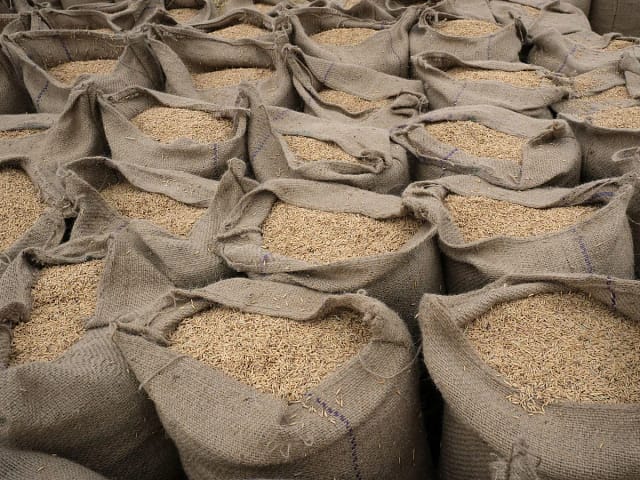India to Halt Sugar Exports as Crop Yields Decline: Imminent Ban on the Horizon

In a series of strategic moves, India has already imposed bans on wheat and rice exports, and now it’s gearing up to halt sugar exports. The decision arises from a necessity to prioritize domestic consumption of sugarcane, particularly for ethanol-based projects. This impending ban is set to take effect from September 30th.
Back in 2016, India imposed a 20% tax on sugar imports and exports to curtail overseas sales. However, the nation is grappling with food inflation, reduced sugarcane yields due to rain deficiencies in Maharashtra and Karnataka, and overarching economic uncertainties. To tackle these challenges, the government is now planning to enforce a prohibition on international sugar exports after September 30th.
For the current period, the Government of India has granted permission for the export of 6.1 million tonnes of sugar, a notable decrease from the record 11.1 million tonnes sold last season. India witnessed historically low rainfall figures in August, with more than half of Uttar Pradesh, a prime sugarcane hub, experiencing inadequate precipitation.
“Food inflation is a significant concern. The recent surge in sugar prices leaves no room for exports,” revealed another insider from the government.
In July, retail inflation reached a 15-month peak of 7.4%, with food inflation soaring to 11.5%, its highest in three years. In this context, sugar production is anticipated to decline by 3.3%, totaling 31.7 million tonnes in the 2023-24 period. The Indian economy is heavily reliant on the monsoon season, which caters to 70% of its water requirements. Maharashtra and Karnataka, contributing 50% of the country’s sugarcane production, have witnessed below-average yields this year.
A government source emphasized, “Our primary focus is to meet local sugar demands and utilize surplus sugarcane for ethanol production. For the upcoming season, our sugar allocation for export quotas will be insufficient.” The source further added, “In the past two years, we permitted mills to export substantial sugar volumes. However, we must also ensure stable prices and adequate supplies.”
Implications and Ethanol Focus
India’s series of bans, commencing with wheat, followed by non-basmati white rice, and now sugar, are poised to yield numerous repercussions on both the domestic and global fronts. Domestically, these bans could elevate food prices and adversely impact consumers, potentially leading to job losses within the agricultural sector. On the global scale, they might trigger amplified food costs, thereby affecting consumers worldwide. Additionally, these bans could disrupt global food markets.
One significant driving force behind these bans is India’s ethanol blending initiative, backed by a comprehensive roadmap, notwithstanding external skepticism regarding the economic viability of blended fuels. India aims to augment pan-India ethanol production capacity from the current 700-1500 liters, foster technology for ethanol production from non-food resources, and encourage the cultivation of water-efficient crops like maize for ethanol production. While ethanol is a cleaner and relatively renewable alternative, it’s not without its shortcomings. The demand for water in sugarcane-based ethanol production remains a concern, as it maintains nitrous oxide production levels. The process also generates substantial waste, and its incineration poses air quality challenges. Yet, given the prevailing inflationary issues, the successful execution of the ethanol blending agenda remains to be seen.
This looming sugar export ban will mark the first such instance in seven years. A dealer affiliated with a global trade entity based in Mumbai pointed out that reduced output in Thailand is anticipated to impact shipments, and even the major producer, Brazil, won’t be able to bridge the gap on its own.
Also check this out: India’s Global Direct Sales Soar, Securing 11th Position


